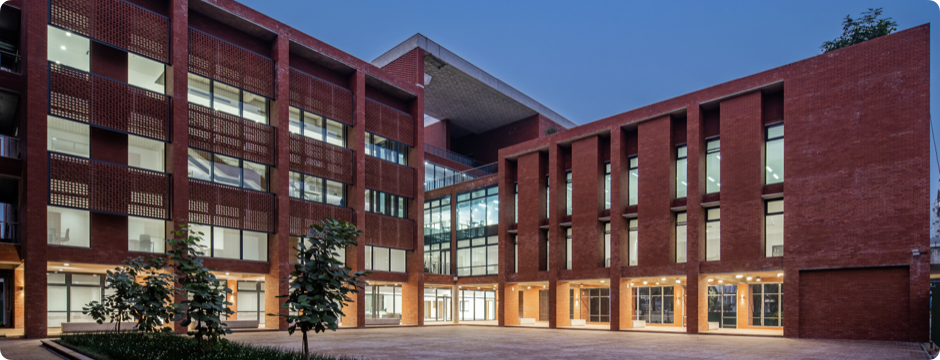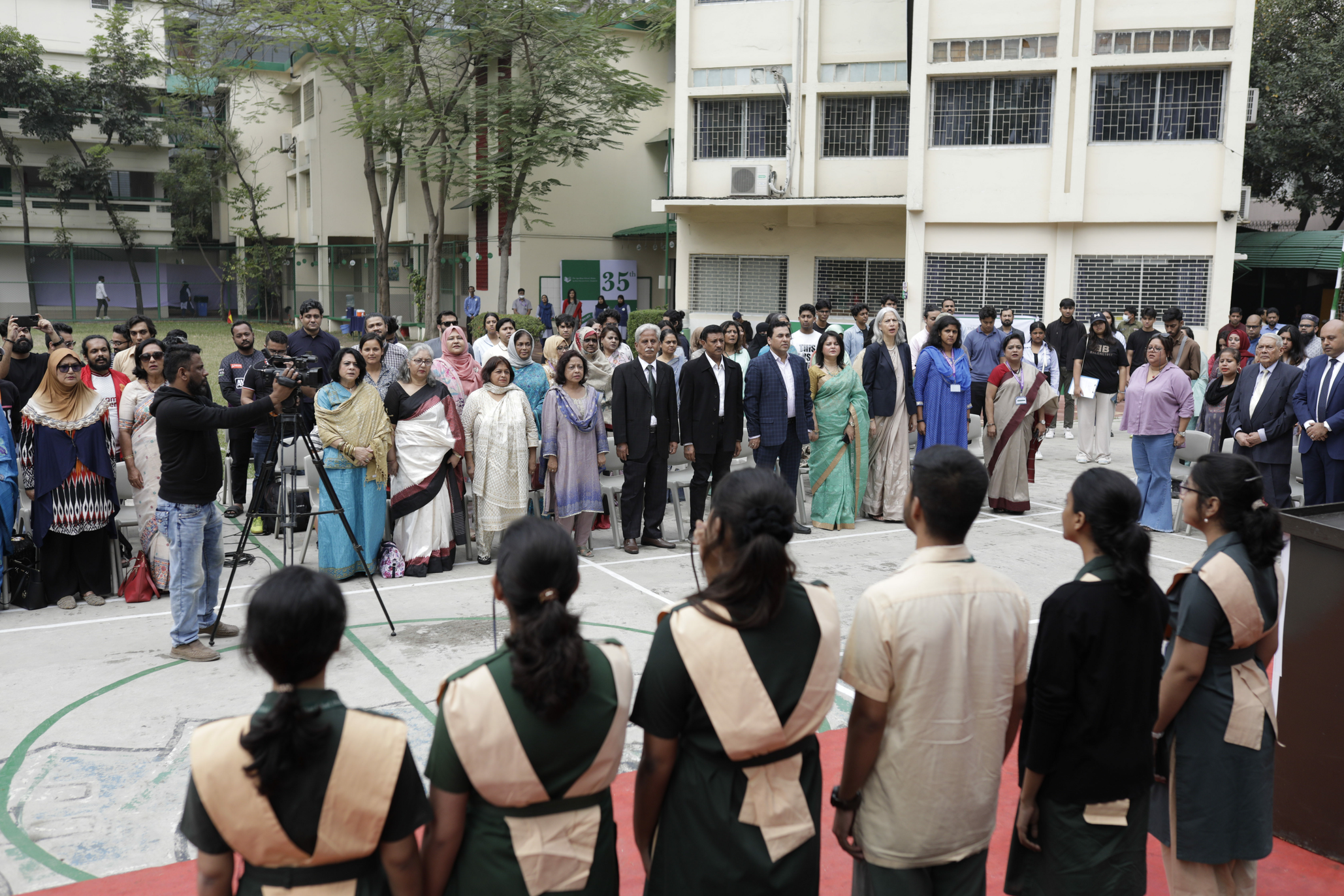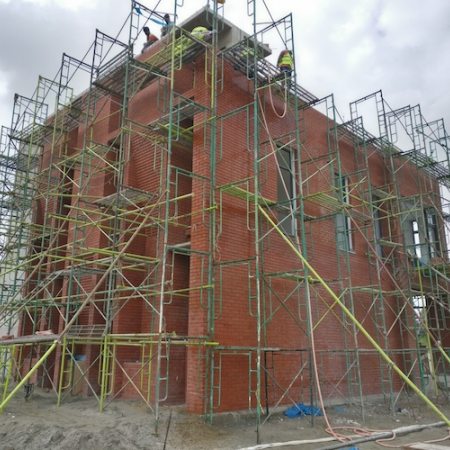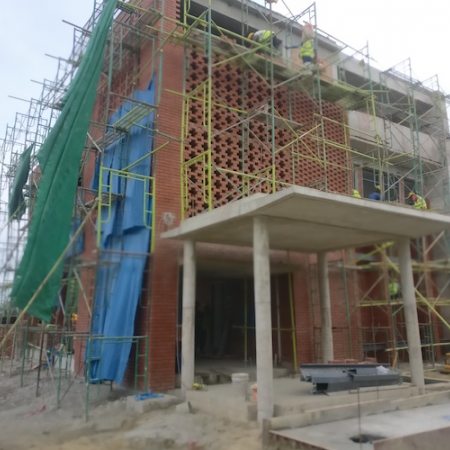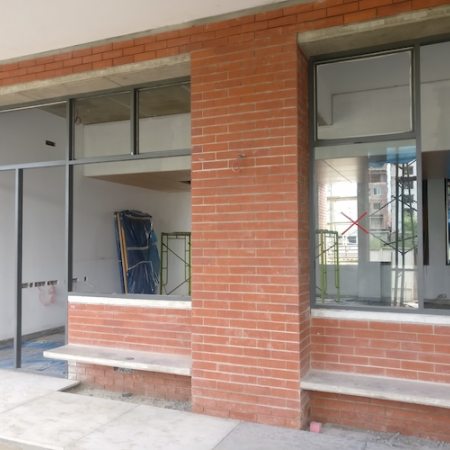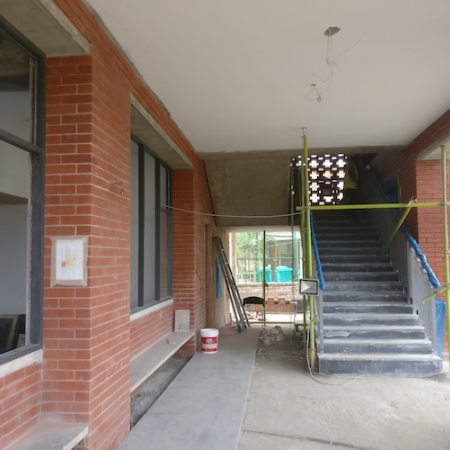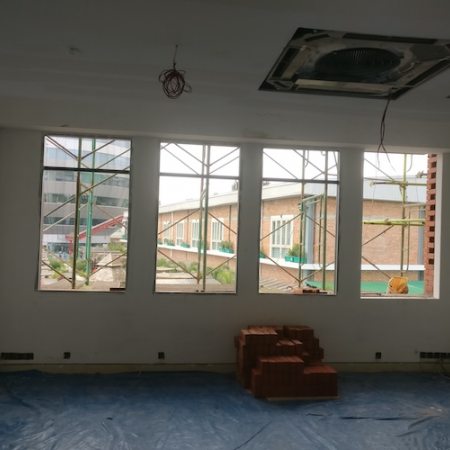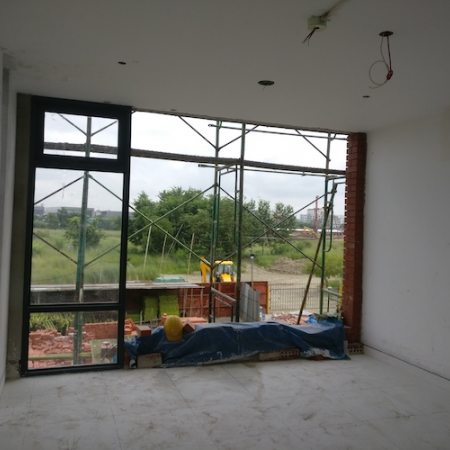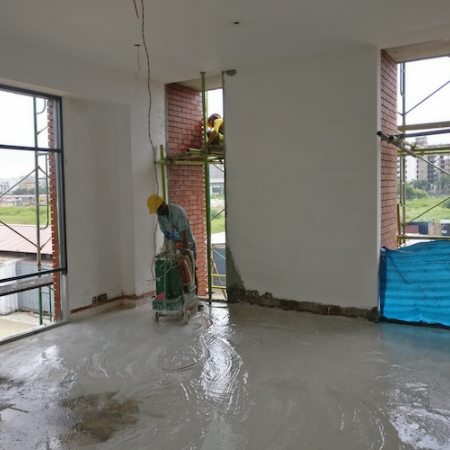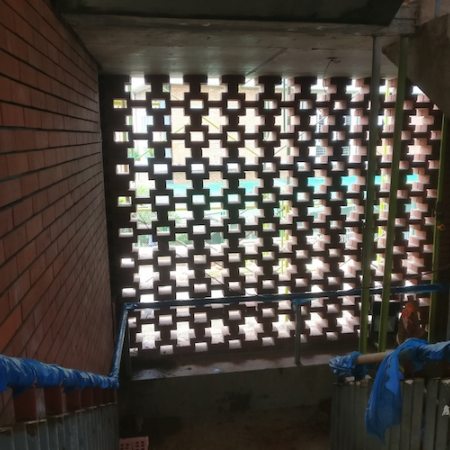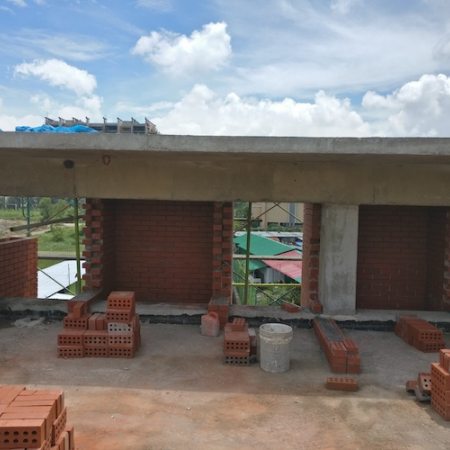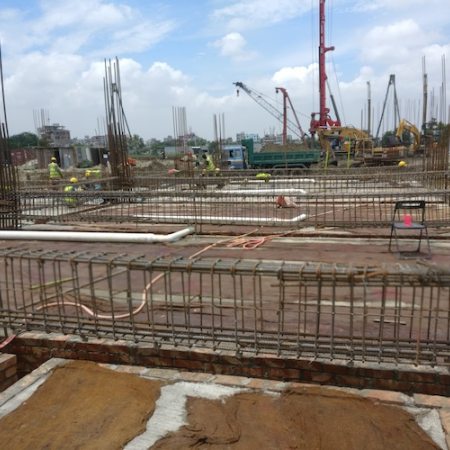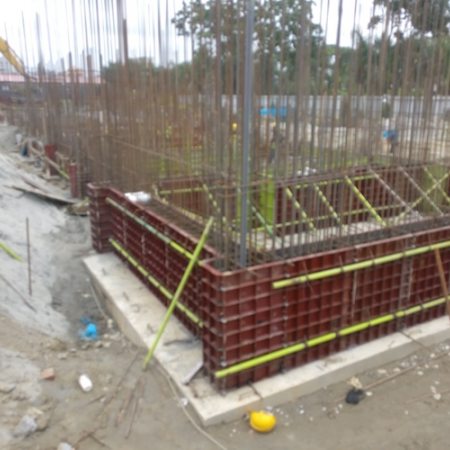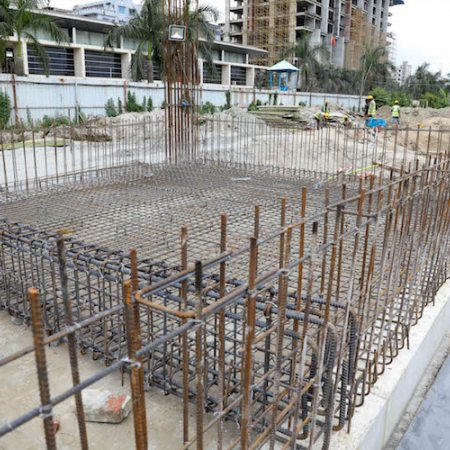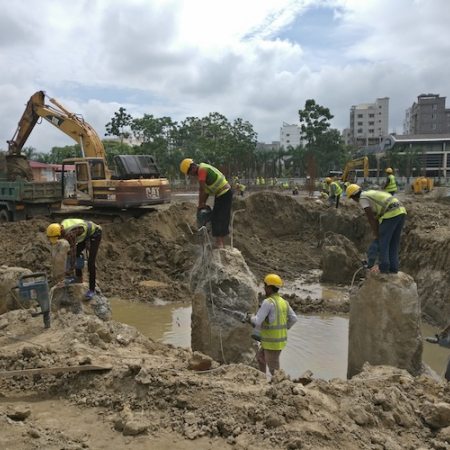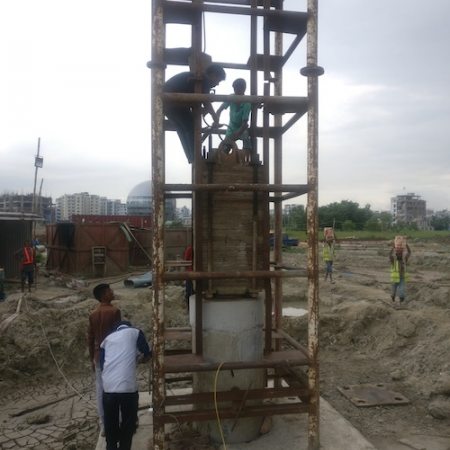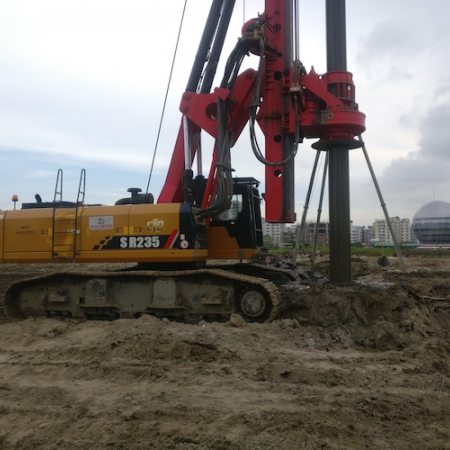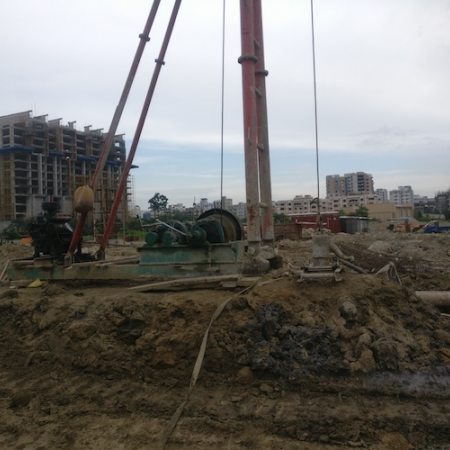Tanya Lalani, a Diploma Programme 2 student, speaks to Bhaavik Blessed Mamidala about her fond memories at the Aga Khan Academy Hyderabad o

Admissions Enquiries
Our admissions team can help with all queries about becoming a student at the Academy, and with questions regarding the application process.
Admissions for 2024-2025 are now open.
On our 17-acre, state-of-the-art, award-winning campus, exceptional students from all backgrounds across Dhaka are provided with an education of the highest international standard to prepare them for leadership, service and lifelong learning, all of which are needed to succeed in a globally competitive world.
Application forms are available here. For more information, please contact our admissions department at +8801709997510 or admissions.dhaka@agakhanacademies.org.
Admissions office contact information:
Admissions Manager: +8801709997510
Dean of Admissions: +8801709997563
Email: admissions.dhaka@agakhanacademies.org
Write to the Aga Khan Academy Dhaka (online form)
For general inquiry/reception, please contact:
Mobile: +8801709997515
Telephone: +880 9638-400600, +8809638-111222
Where to find us:
The Aga Khan Academy Dhaka
Ka-65/1, Kuratoli
Dhaka – 1229,
Bangladesh
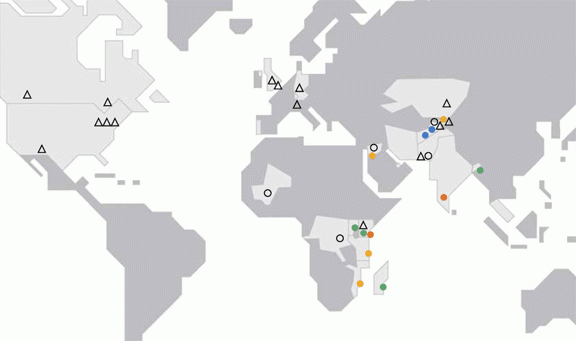
The Academies Network
The Aga Khan Academy Dhaka is the fourth of a planned network of Aga Khan Academies being established in countries across Africa, South and Central Asia, and the Middle East.
The aim of the Academies is to develop future leaders with the skills and knowledge to support positive development in their societies. We achieve this by recruiting exceptional young people from all backgrounds and providing them with the highest international standard of education.
Selection is means-blind and competitive, based on student merit. Students of all backgrounds who satisfy the requirements for entry are encouraged to apply.
When complete, the network of Academies will form a global learning community of approximately 18 schools in 14 countries (map). They will eventually serve approximately 14,000 girls and boys of exceptional calibre, graduating 1,500 students annually.
For more information, visit our Academies network home page.
Welcome to the Aga Khan Academy Dhaka
You can also keep up-to-date with latest news on the Aga Khan Academy Dhaka on our Facebook page.
Multimedia
A better world through education: The Aga Khan Academies
Recent News
Alaina Hirani, a Diploma Programme 2 student, speaks to Bhaavik Blessed Mamidala about how the Aga Khan Academy Hyderabad nurtured the righteous aspirations in her.
Zara Amjad, a Diploma Programme 2 student, speaks to Shritha Sattaru about how the Aga Khan Academy Hyderabad helped her evolve as a confident leader over the past 12 years.
Spotlights
In the Press
The following articles can be found in the press:

Teen turning plastics into notice boards
Omar Mwakuluzo, year 10, is featured in the Daily Nation for his eco-friendly personal project on using plastic to create notice boards for schools.

AKA Mombasa's Class of 2019 is featured in the Business Times.

AKA Mombasa's Class of 2019 is featured in the Zambian Eye.
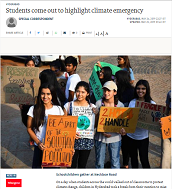
On a day when students across the world walked out of classrooms to protest climate change, children in Hyderabad took a break from their vacation to raise their voice against the climate emergency.
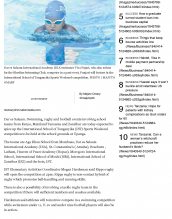
AKA Mombasa is featured in The Citizen for its participation in the International School of Tanganyika (IST) Sports Weekend competition in Tanzania.

Kauthar Mbwana (Mohamed), class of 2009 and Student Leadership and Service Learning Coordinator at AKA Mombasa, is featured in The Standard for an initiative she and other entrepreneurs started that will benefit hundreds of orphans and single mothers in Mombasa.

Ham Serunjogi, class of 2012, is featured in Innovation Village for Chipper Cash, a payment startup he co-founded, which recently received $2.4 million in investment.

AKA Mombasa's boys' basketball team is featured in Standard Media for the Kenya Secondary Schools Sports Association (KSSSA) national Term One games.
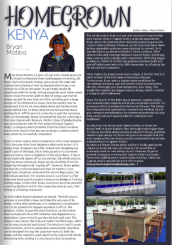
Alumnus Bryan Matiba, class of 2013, is featured in Coastal Guide for his accomplishments in Naval Architecture.

School project gave my 'pilot dream' wings
Mahek Shah, year 10, is featured in The Nairobian for her project focused on encouraging more girls to enter the aviation field.
Pages
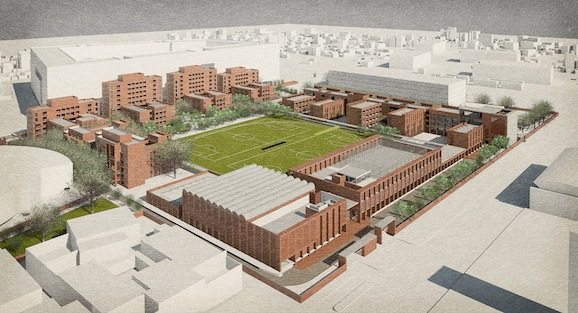
Our Campus
Built on a 17-acre site near Bashundara, Dhaka, the Aga Khan Academy Dhaka offers state-of-the art facilities on a secure, landscaped campus.
The Aga Khan Academy Dhaka is located on a 17-acre plot in Bashundara, Dhaka and will enrol 750 students (K-12) with a capacity to expand to 1,200. Residential facilities will be provided for students and staff to allow for wide participation and enable a diverse learning community. The school has been designed by renowned international architects to ensure the best possible educational experience in a physical environment that resonates with local Bangladeshi culture and architectural traditions.
The design for the Aga Khan Academy Dhaka received the award for best ‘Future Education’ project at the World Architecture Festival 2017, held on 15-17 November in Berlin, Germany. The award recognises the excellence of the school’s design as well as the project’s intention to generate positive social impact, which arises from the mission and values of the Aga Khan Academies and the wider Aga Khan Development Network (AKDN). The vision of the Academies is to develop future leaders with the skills and knowledge to positively support development in their own societies.
Construction of the Academy began in 2018, with the first batch of students being welcomed on campus in August 2022.
The Academy is the fourth in a network of about 18 planned Academies offering the highest international standard of education to students in countries across Africa, South and Central Asia, and the Middle East.
The campus has been specially designed by renowned architects and is purpose-built. Our facilities include the following academic and resource areas:
- subject and age-specific classrooms
- well-equipped science and computer laboratories
- library and resource centres
- rooms for the fine arts, music and dance, including individual practice booths and a music recording area.
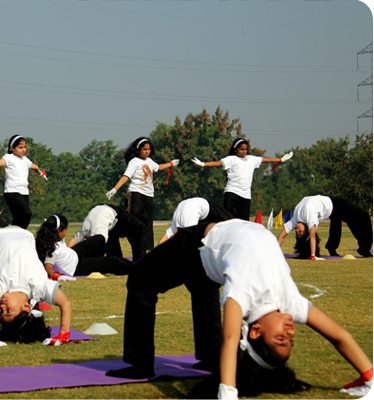 The Commons building will house the dining hall and an array of spaces for school activities. It is designed to be the hub of student activity, serving as the Academy’s main space for major school functions, including music and drama performances, and public lectures.
The Commons building will house the dining hall and an array of spaces for school activities. It is designed to be the hub of student activity, serving as the Academy’s main space for major school functions, including music and drama performances, and public lectures.
Sports facilities
Our sports facilities are extensive and, when complete, will include swimming and diving pools and fields for all sports.
We invite you to visit the Academy to take a tour of our campus.
Aga Khan Curricular Strands
The Aga Khan Curricular Strands (AK Strands) are a unique part of the programme offered by the Aga Khan Academies. The AK Strands are areas of learning aimed specifically at developing knowledge, skills and attitudes required by future leaders.
Our goal at the Academies is to develop young people who have strong local roots and are also globally minded. They should be able to become leaders in whichever fields they choose.
To help achieve this goal, we have identified five areas of learning, the Aga Khan Curricular Strands, that we believe are important for our students. These are:
- Ethics
- Pluralism
- Cultures (with an emphasis on Muslim civilisations)
- Governance and Civil Society
- Economics for Development.
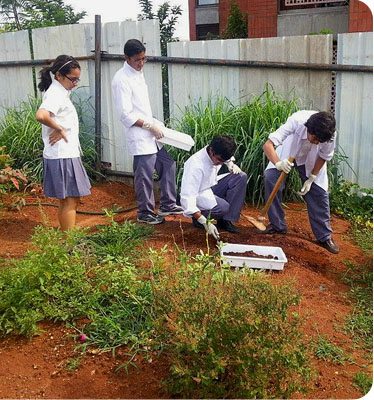 Implementing the AK Strands
Implementing the AK Strands
The Aga Khan Curricular Strands are not taught as independent subjects. Instead, we weave them into the existing subject areas of the academic curriculum. They help inform the selection of content and themes for study. The AK Strands also provide direction for school life outside the classroom in areas such as policy making, recruitment, student life and residential life.
Two of the AK Strands, Ethics and Pluralism, help students develop values and dispositions required by ethical leaders. Our students learn about these areas in theory and are also encouraged to practice what they learn in their everyday lives.
Through the other three AK Strands, our students learn about ideas that are important to the functioning of societies. In particular, they learn about how these ideas impact people’s lives in countries of the developing world. The knowledge they gain helps them understand key issues from both local and international perspectives.
The AK Strands in practice
The Aga Khan Curricular Strands were developed at the first Aga Khan Academy in Mombasa and are designed to be used in different cultural contexts. Teachers at the Aga Khan Academy Hyderabad helped tailor the AK Strands for the local environment in India and the teachers at the Aga Khan Academy Dhaka will do the same.
For example, grade 3 students worked on a history and geography unit about Hyderabad that related to Economics for Development. The students examined how the physical features of the area influenced the city and its economic activity. They learned about employment today and also looked at traditional forms of work, including a visit to a nearby weaving cooperative. This unit helped the students understand both general ideas about economics and their impact on daily life in Hyderabad.
Through the Aga Khan Curricular Strands, our students develop attitudes and values that will help them throughout their lives. They also gain knowledge and understanding that will allow them to contribute positively to their societies in the future.
For more information on the educational programme offered at the Aga Khan Academy Dhaka, please visit the Academic Programme page.
Aga Khan Academy Dhaka construction - August 2018
Photo gallery showing progress on the construction of the Aga Khan Academy Dhaka – August 2018

